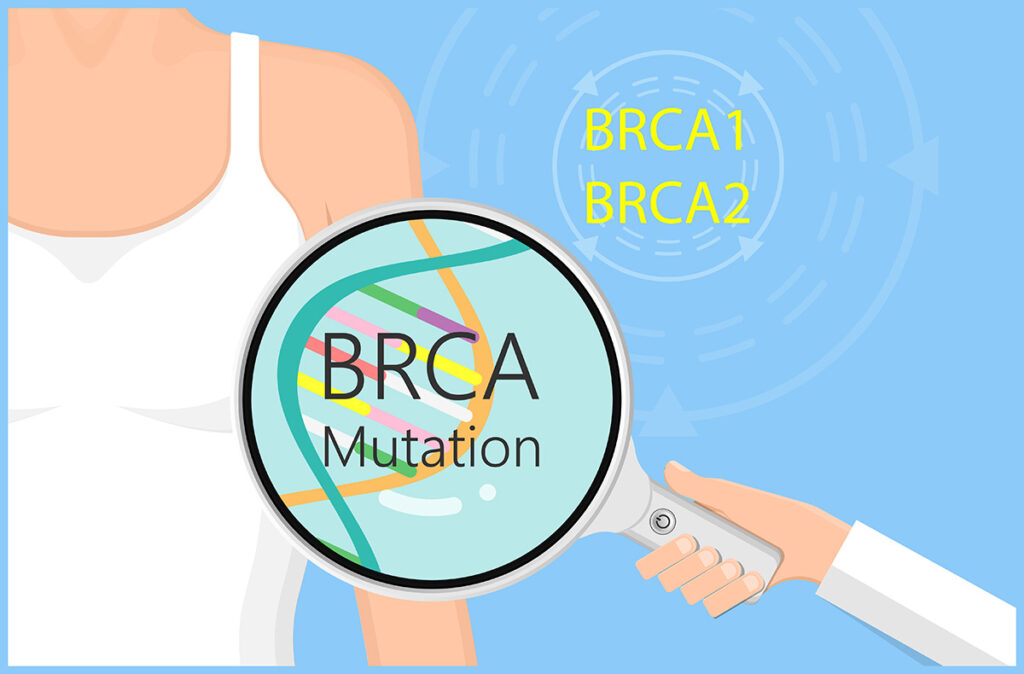
In 2013, Hollywood actress Angelina Jolie made headlines – not for a film, but for a deeply personal medical decision. After learning she carried a BRCA1 gene mutation, which significantly increases the risk of breast and ovarian cancer, she opted for a preventive double mastectomy and later had her ovaries removed. Her public disclosure sparked what is now known as “The Angelina Jolie Effect” – a global surge in interest around genetic cancer testing and awareness of hereditary cancers.
Today, that effect still resonates, including here in Singapore, where more individuals are beginning to explore genetic screening as a way to understand their cancer risk and take proactive steps toward better health.
Genetic (or hereditary) cancers result from inherited gene mutations that increase an individual’s risk of developing certain types of cancer.
Common hereditary cancers include:
Breast cancer
Ovarian cancer
Colorectal cancer
Pancreatic cancer
Prostate cancer
Melanoma
Retinoblastoma
Thyroid cancer
Womb (endometrial) cancer

The Role of BRCA1 and BRCA2 Genes
BRCA1 and BRCA2 are tumour suppressor genes that help repair DNA damage. Mutations in these genes can significantly increase cancer risk:
Who Should Consider BRCA Genetic Testing?
BRCA genetic testing is especially recommended for individuals with: Multiple family members diagnosed with breast or ovarian cancer, particularly before age 50
Preventive Measures and Management
For individuals who test BRCA-positive, several strategies can reduce cancer risk:
However, it is essential to note that these decisions are best made in consultation with a specialist and tailored to the individual’s risk profile and personal circumstances.
Conclusion
Understanding hereditary cancer risks – especially BRCA-related mutations – is a vital step in proactive health planning. With established, trusted services like NCCS and others, Singaporeans can access the tools and support needed to make informed decisions and protect their long-term well-being.
Sources
HealthXchange.sg – Genetic Testing: Who Should Get It?
Mount Elizabeth Hospital – BRCA Genetic Testing
National Cancer Centre Singapore – Cancer Genetics Service
TIME – The Angelina Effect
The Cancer Centre @ Paragon
290 Orchard Road #17-05/06
Paragon Medical (Lobby F)
Singapore 238859
The Cancer Centre @ Mount Elizabeth Orchard
3 Mount Elizabeth #03-04
Mount Elizabeth Medical Centre
Singapore 228510

BOOK AN APPOINTMENT
Incorporated in 2005, Singapore Medical Group (SMG) is a healthcare organisation with a network of private specialist providers across four established pillars - Aesthetics, Diagnostic Imaging & Screening, Oncology and Women's & Children's Health. Within Singapore, SMG has more than 40 clinics strategically located in central Singapore and heartland estates. Beyond Singapore, SMG also has an established presence in Indonesia, Vietnam and Australia. Learn about our privacy policy here.
